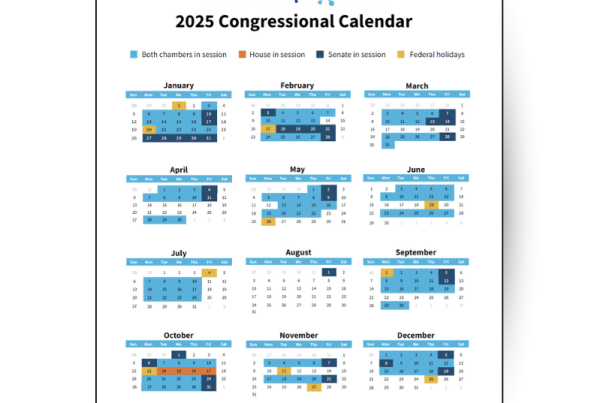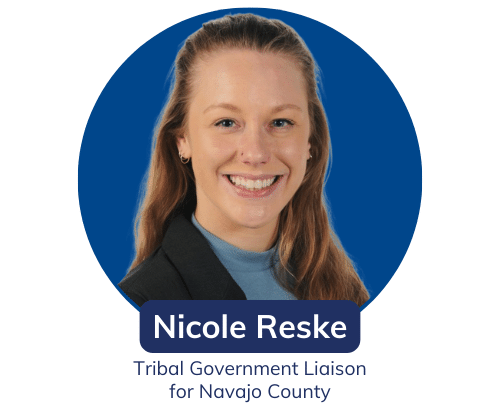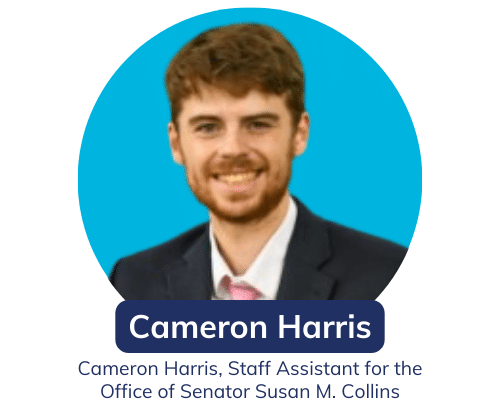For this installment of the Tribal Spotlight Series, I spoke with Dave Trujillo, former Director of the Washington State Gambling Commission. Dave shared insights from his career, the evolution of tribal-state gaming compacts, and the unique dynamics of working with Tribal Nations.
Takeaways:
- Tribal relations require a deep understanding of sovereignty and a commitment to building strong, trust-based relationships.
- Effective communication involves navigating complex layers of authority and ensuring the right people are part of the conversation.
- Mistakes are inevitable, but they can be mitigated by establishing meaningful personal and professional relationships with Tribal partners.

Can you tell me about your career path that has led you to where you are now?
After completing two bachelor’s degrees, one of which was in accounting, I sought a non-traditional career path that didn’t involve taxes or private-sector accounting. This led me to the Washington State Gambling Commission, where I initially worked in enforcement and auditing. I attended the police academy and became a field agent in the early 1990s, just as tribes in Washington began gaming under state compacts. Over the years, I transitioned to policy roles, ultimately becoming the Director of the Gambling Commission in 2013, a position I held until 2021. My journey offered me the opportunity to work closely with Tribal leaders, regulatory authorities, and elected officials, all while navigating the evolving landscape of Indian gaming.
How did you become passionate about the intersection of tech, government, and tribal communities, and how do you stay informed and engaged in those areas?
The Indian Gaming Regulatory Act of 1988 created opportunities for tribes to benefit from gaming, and Washington State was progressive in its approach to tribal relations. I began working with Tribal regulatory staff early in my career, and as I advanced, many of my tribal counterparts grew into leadership roles as well. This created a collaborative environment where we shared experiences and built trust. Working with Tribal Nations allowed me to be part of something impactful—helping tribes achieve economic independence while fostering strong, government-to-government relationships.
What do you believe sets Tribal Government Relations apart as a unique work environment, and how do you navigate its challenges in your everyday work?
Tribal relations are fundamentally shaped by sovereignty and the government-to-government framework. One unique aspect of my role was negotiating gaming compacts on behalf of the state’s governor. These negotiations were complex, requiring us to balance tribal sovereignty with state interests. The biggest challenge was ensuring that the agreements we reached were practical and implementable by those on the ground. This required a lot of listening, collaboration, and reliance on experts from both Tribal and state levels.
Describe a challenging or rewarding project that significantly influenced your growth as a professional. How did you handle the challenge, and what did you learn from the experience?
The most important thing is to build relationships and listen before you speak. It’s not enough to read about tribal relations—you need to spend time observing and learning. Mistakes are inevitable, but strong relationships can help you navigate and recover from them. Be present, ask questions, and engage in meaningful ways. Building trust takes time, but it’s the foundation for effective collaboration.
What advice would you give to someone navigating how to bridge the gap between traditional practices and modern governance structures?
Communication with tribes can be very complex, as it involves navigating multiple layers of authority and jurisdiction. You need to identify the right people to communicate with, whether they’re from tribal leadership, regulatory bodies, or business enterprises. Additionally, tribes work with a multitude of federal, state, and local liaisons, which can make coordination challenging. Despite these complexities, effective communication is essential to achieving shared goals.
Word association, what is the first word that comes to mind for each of these?
- Policy – Elected
- Networking – Essential
- Communications – Complicated
- Leadership Connect – People






